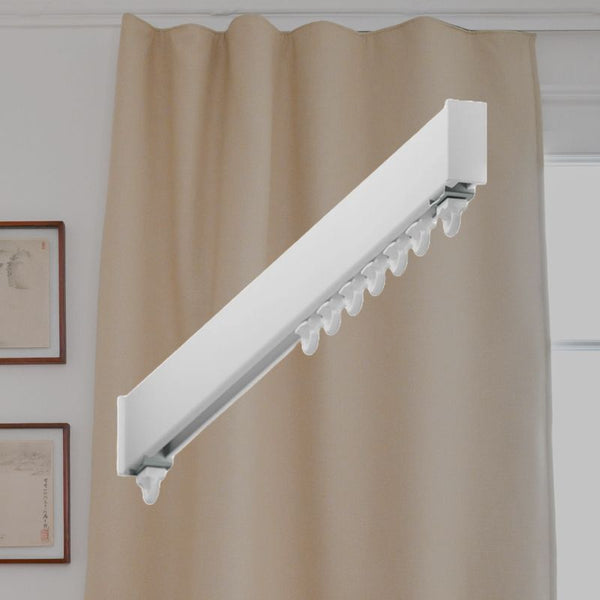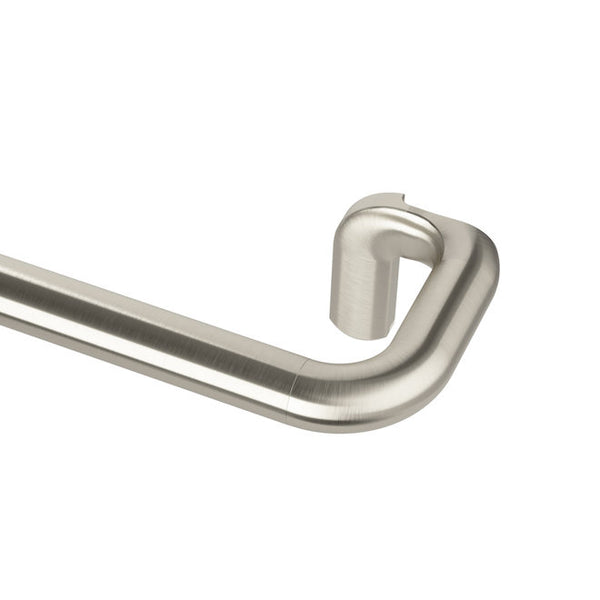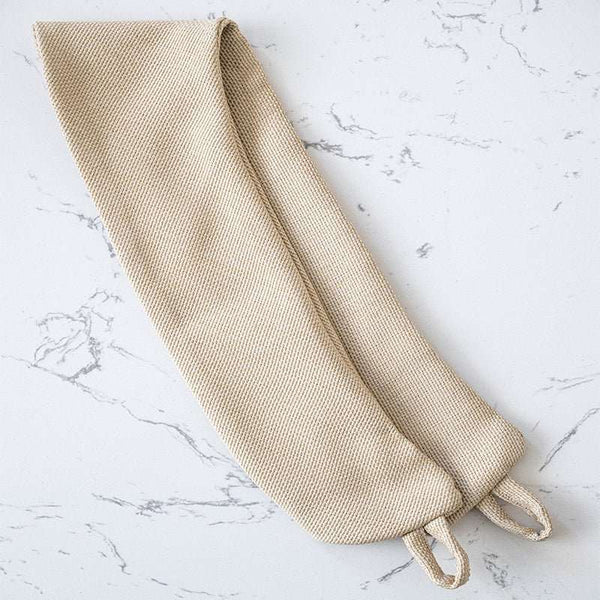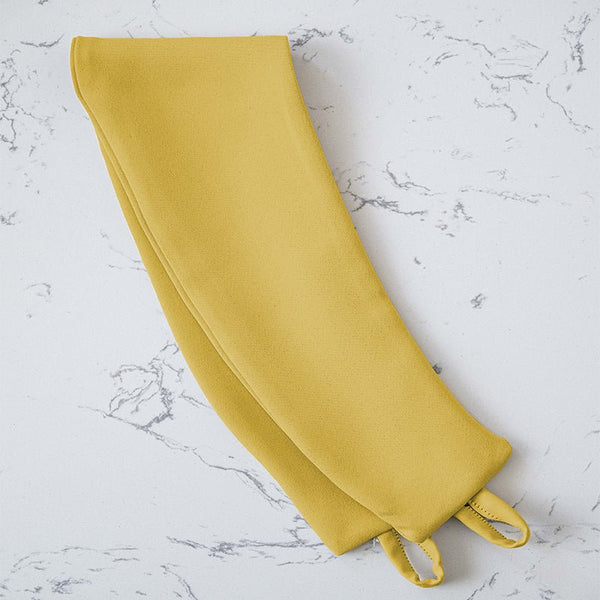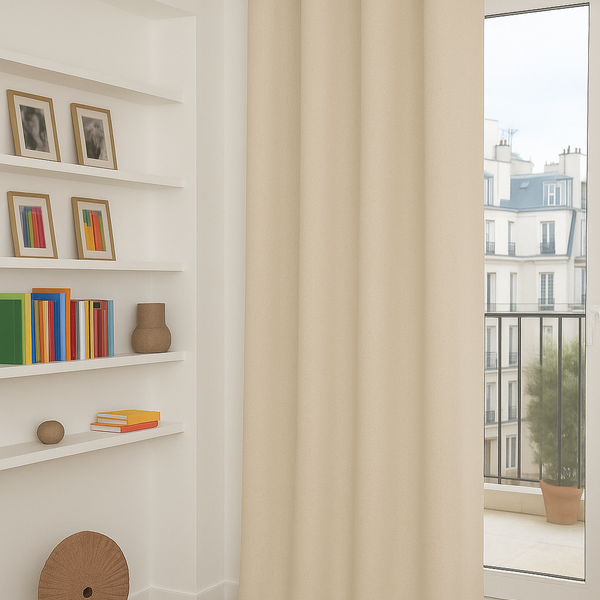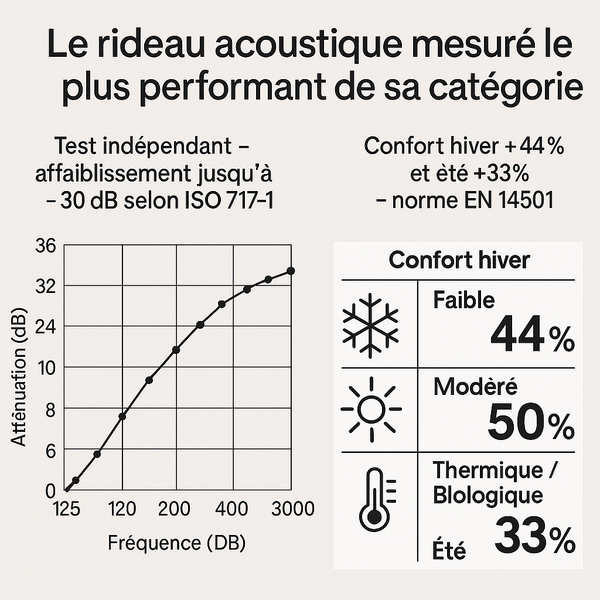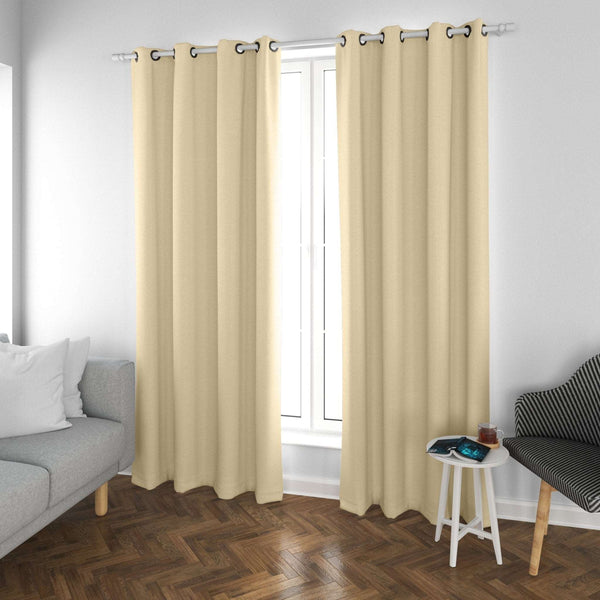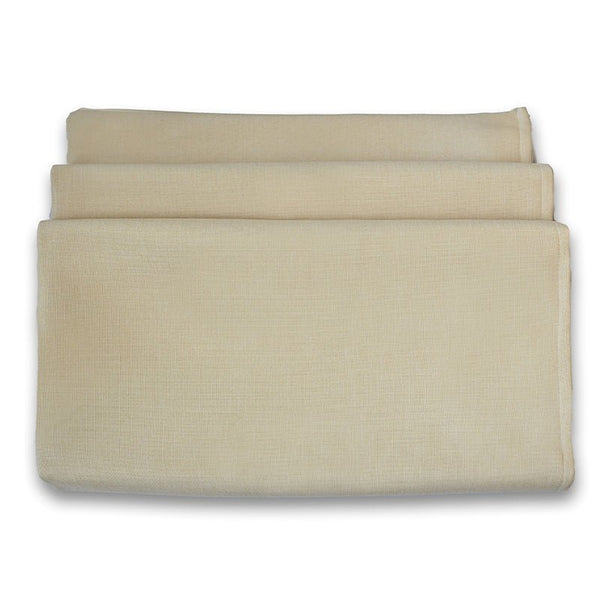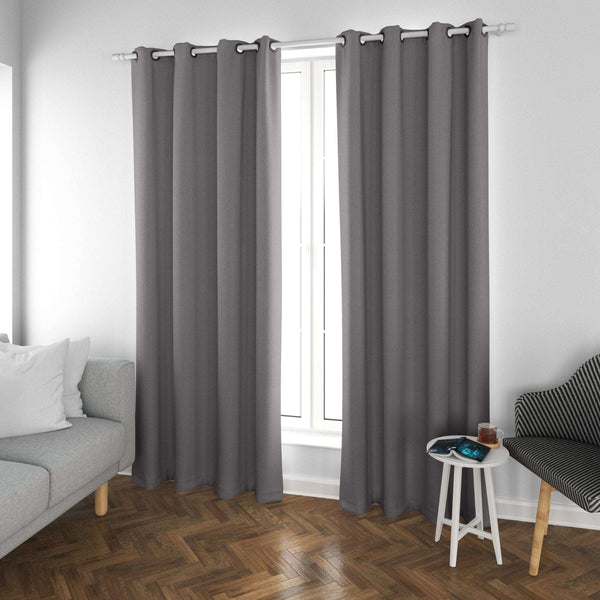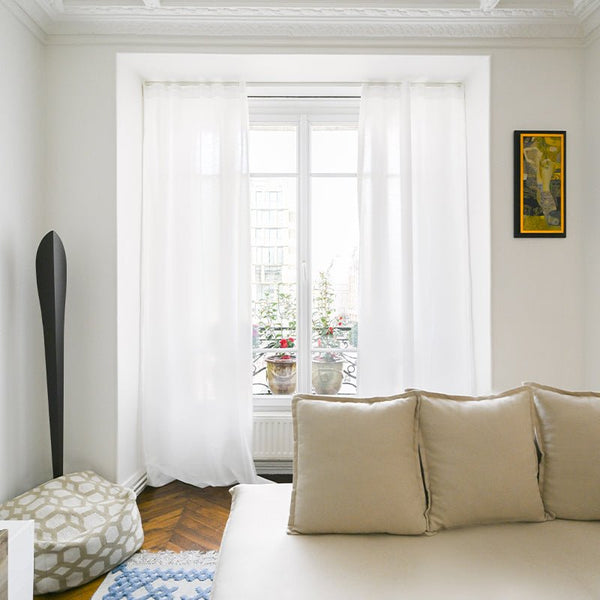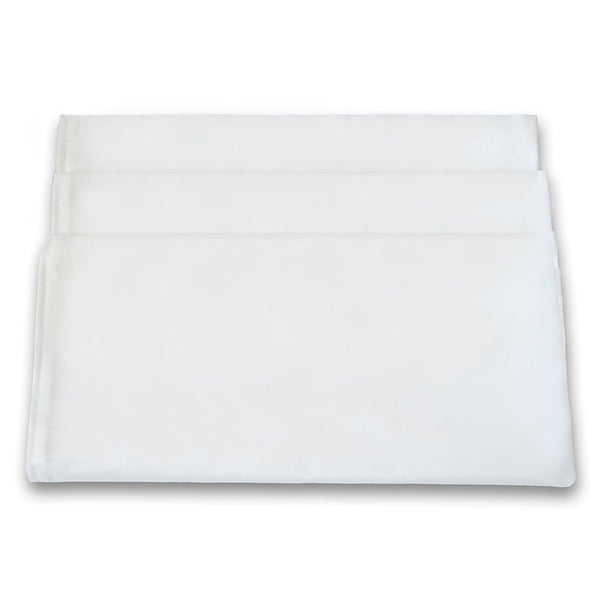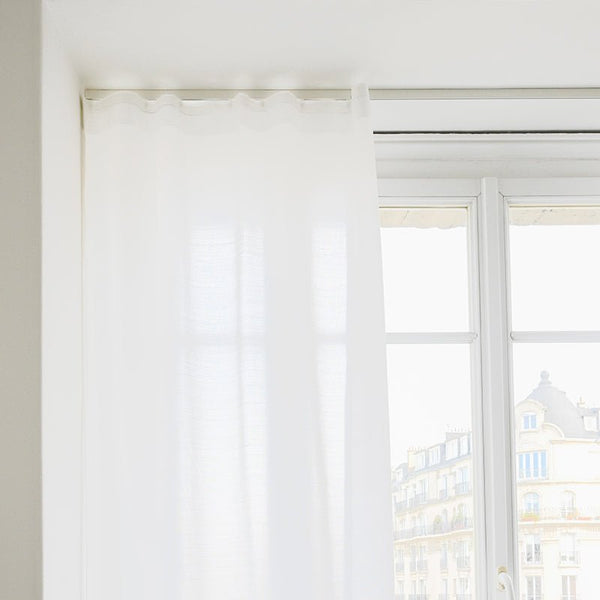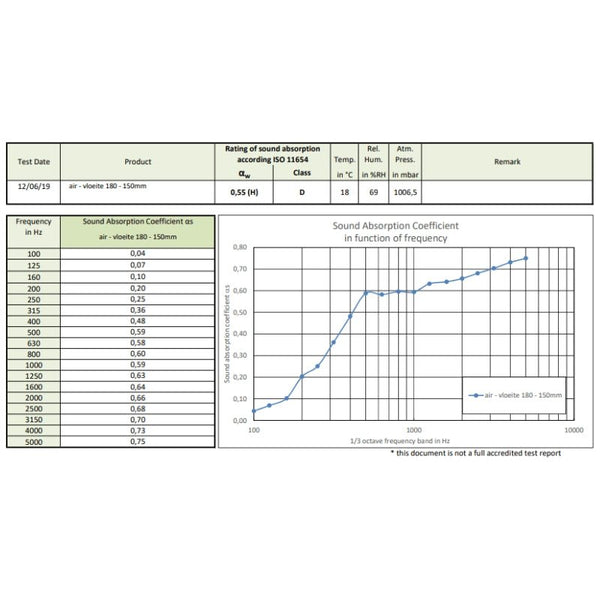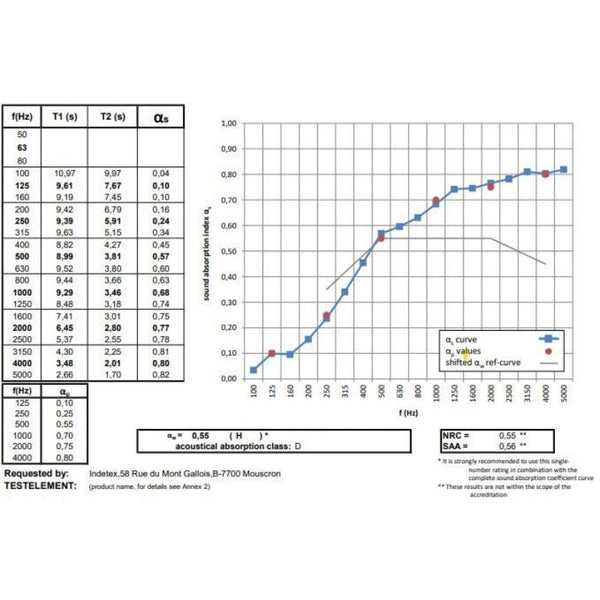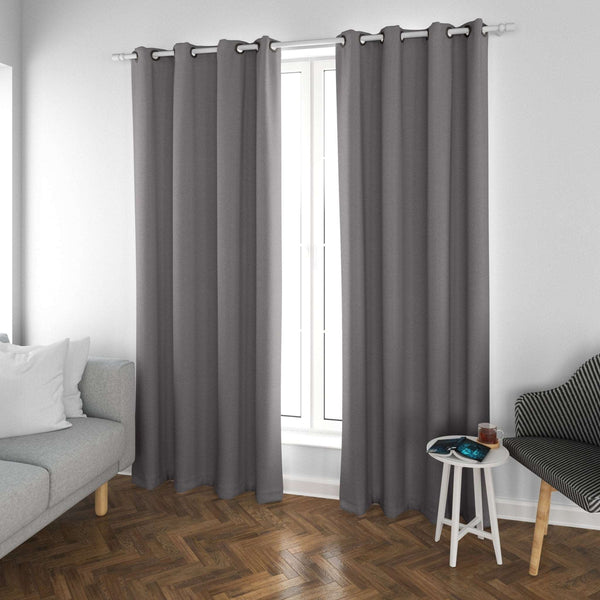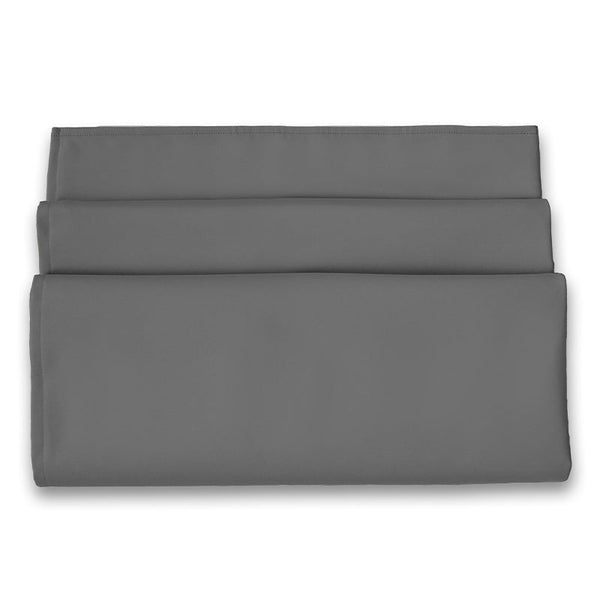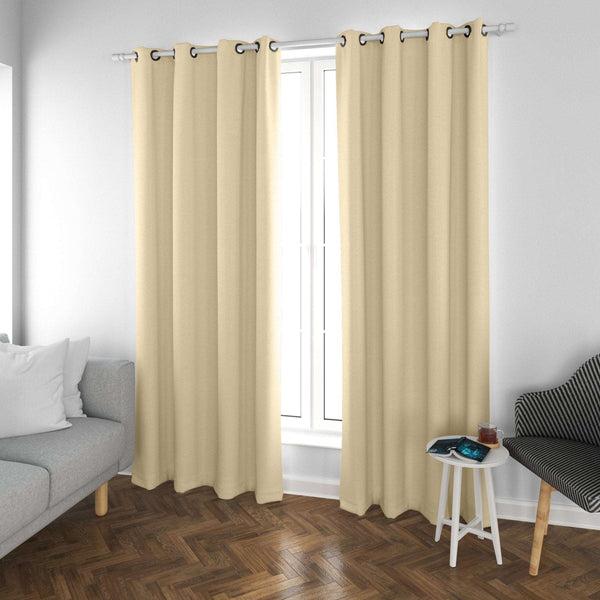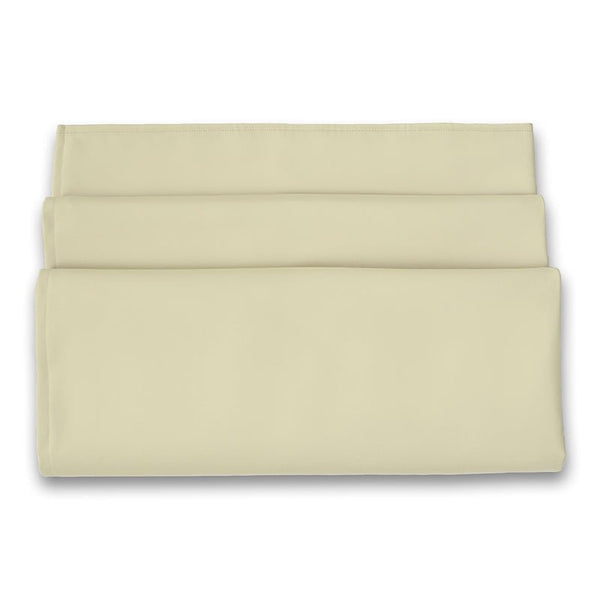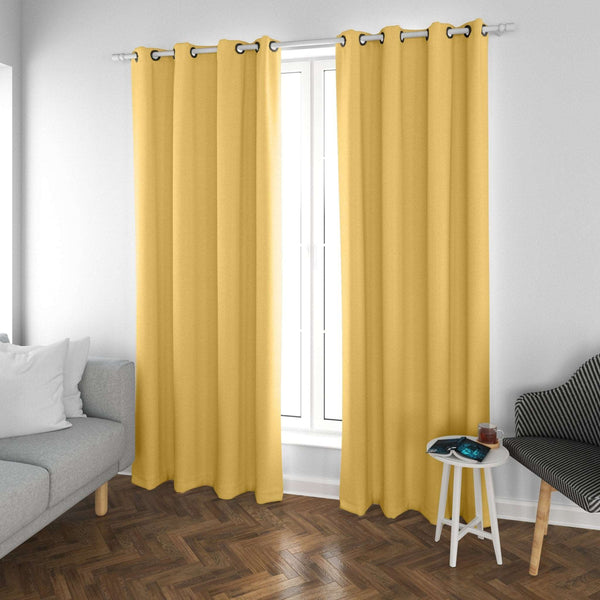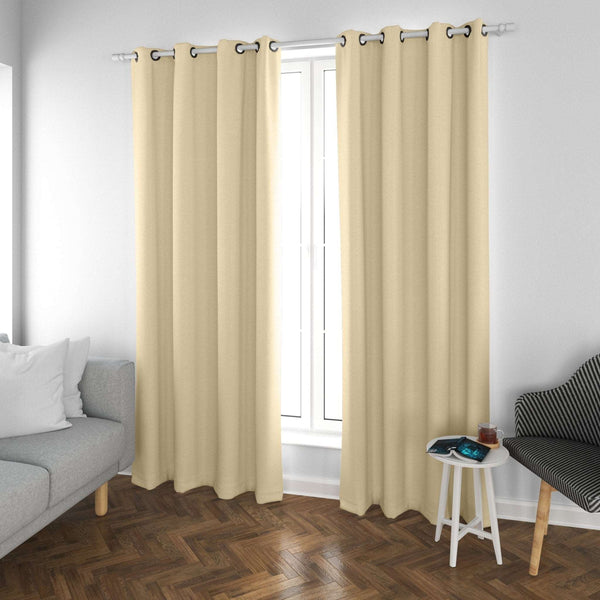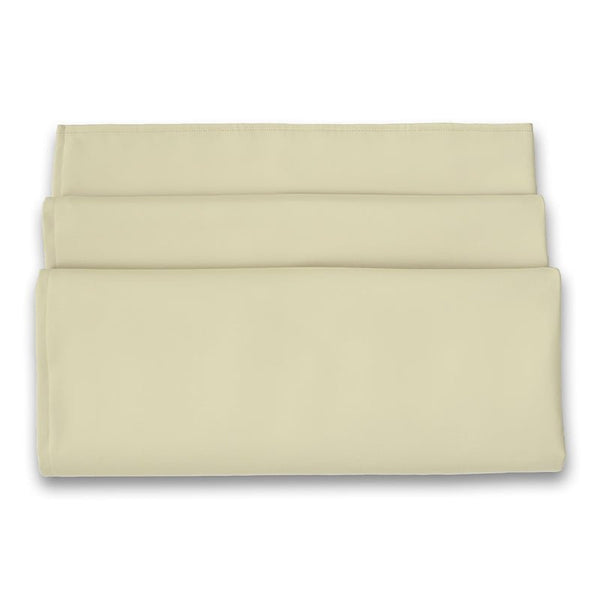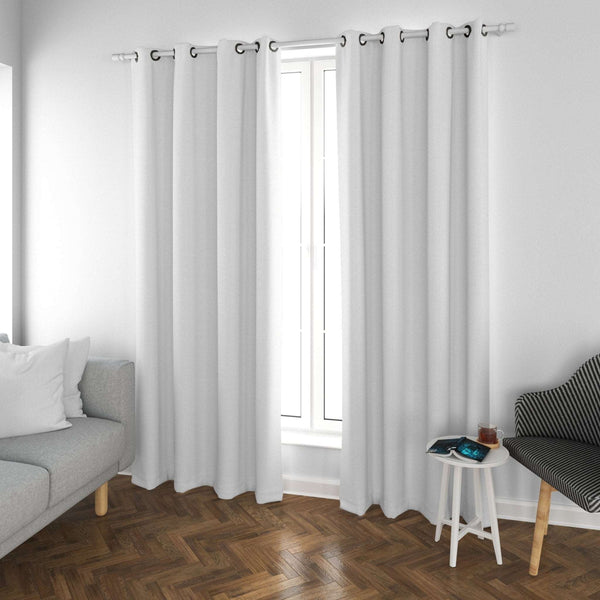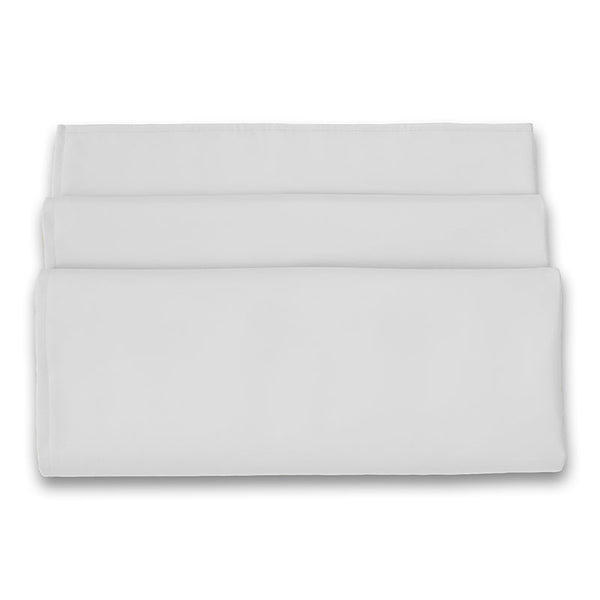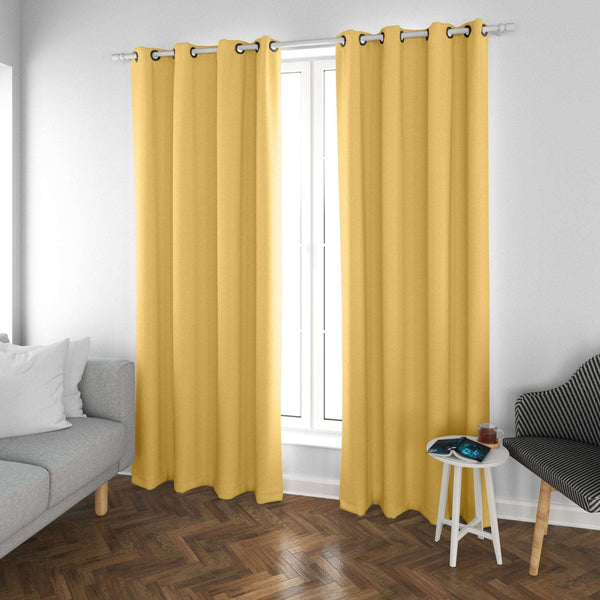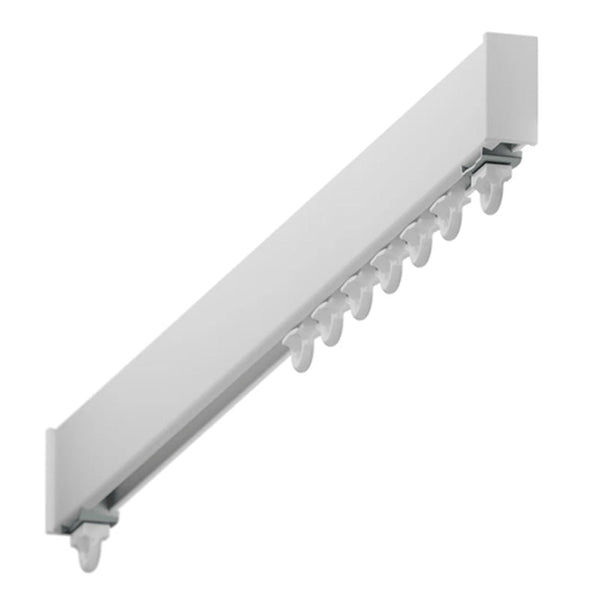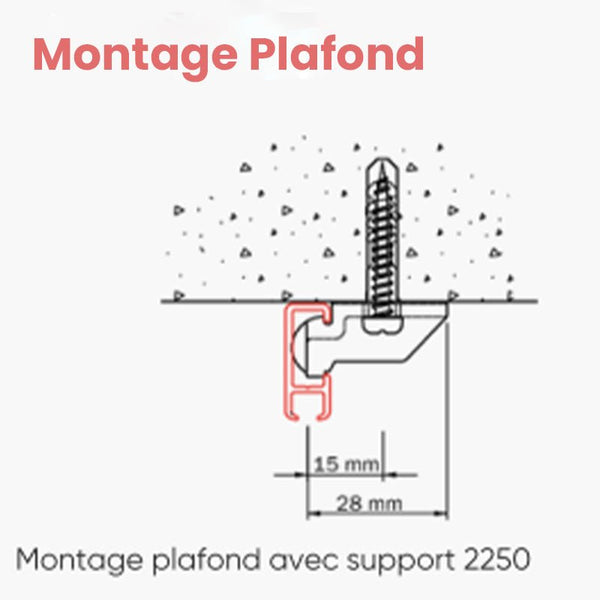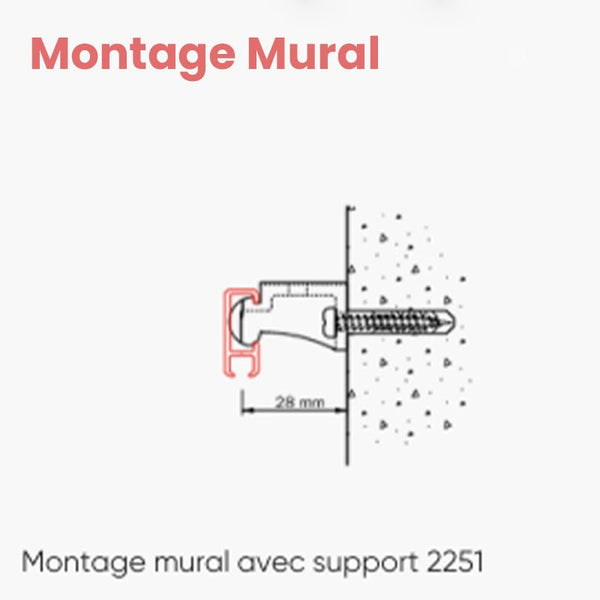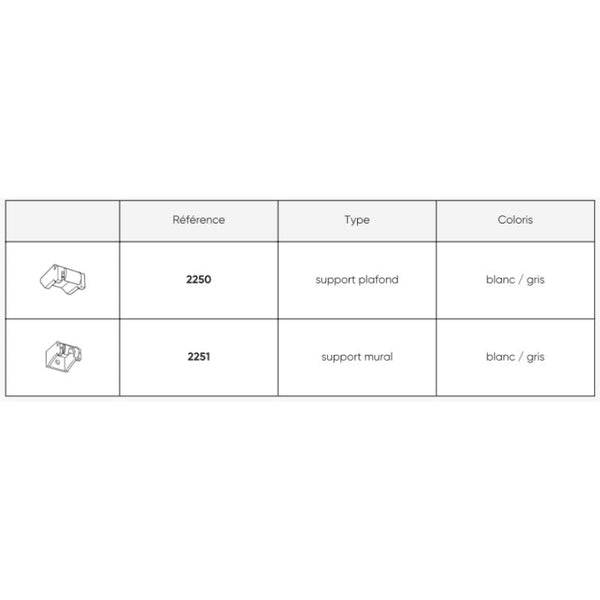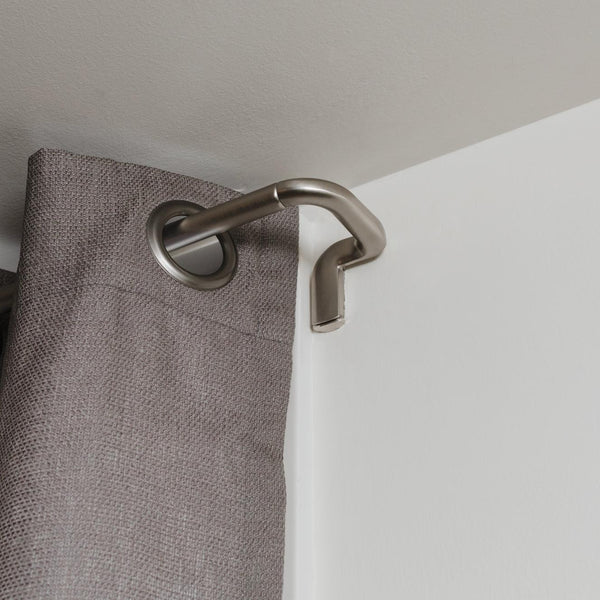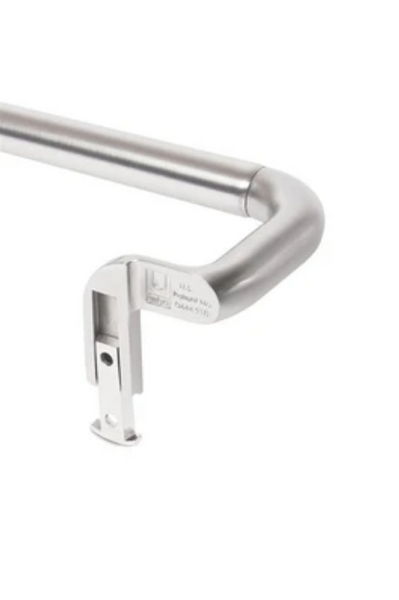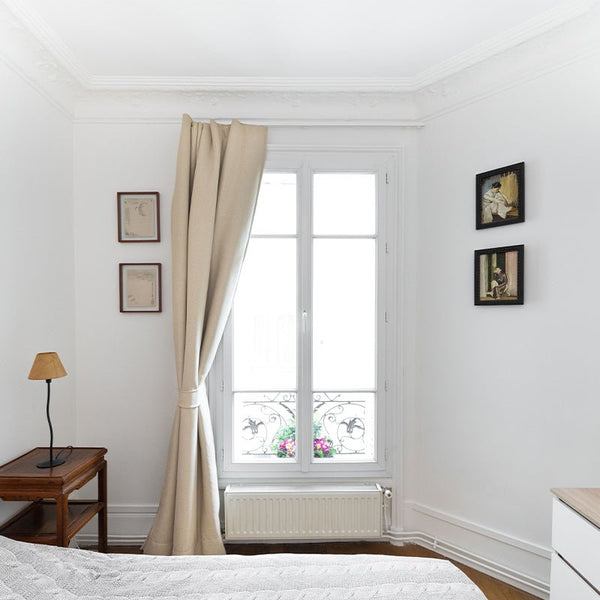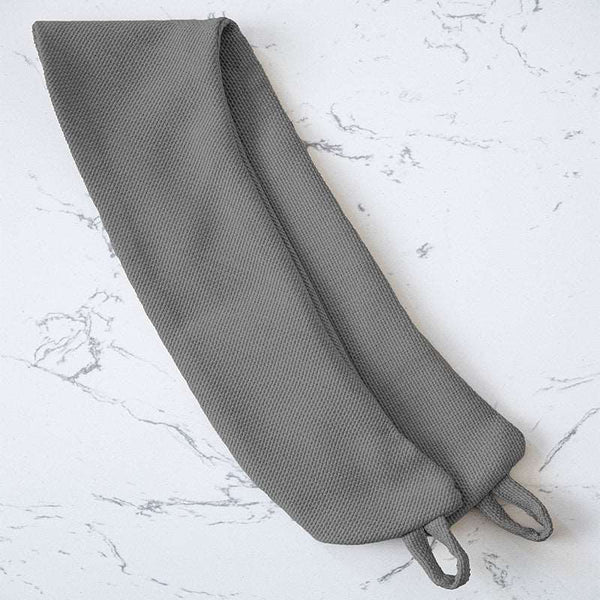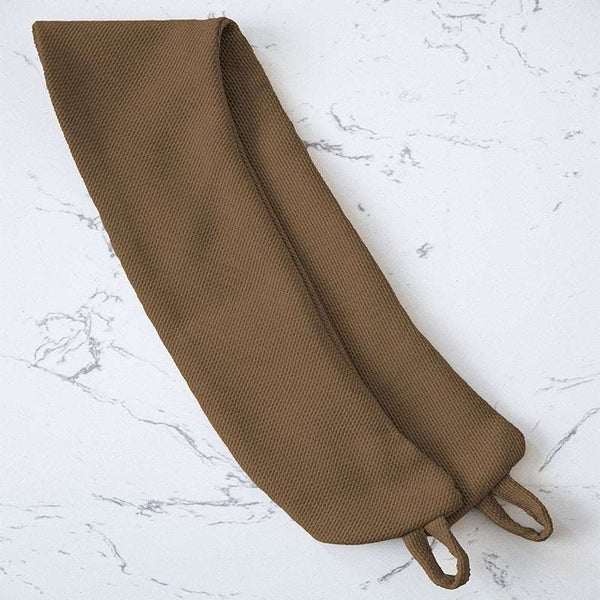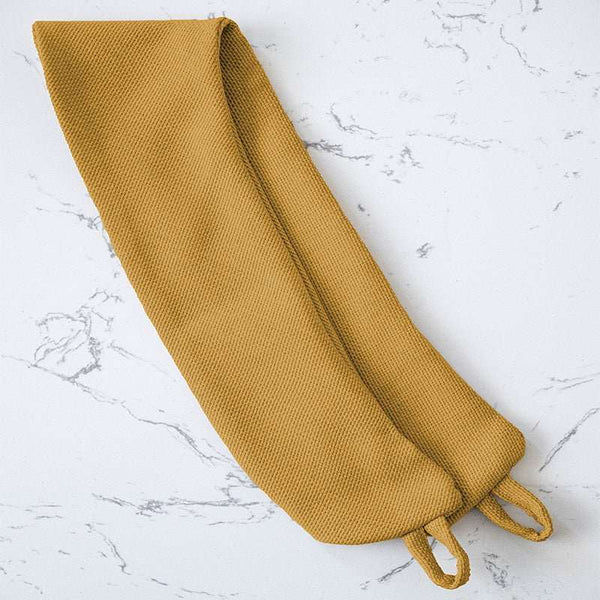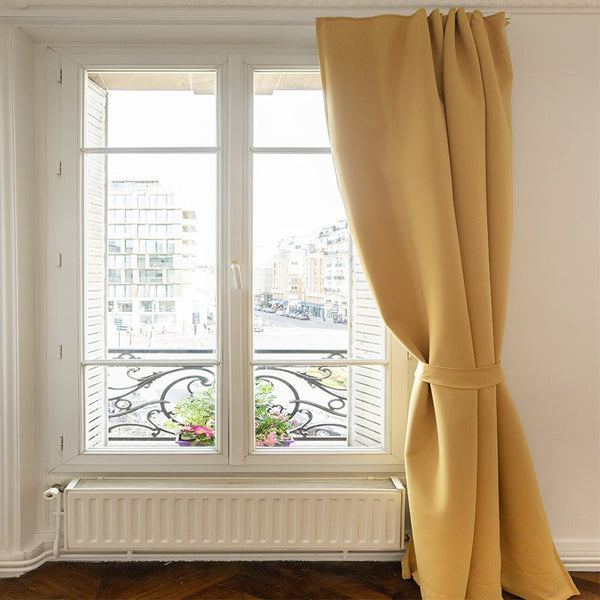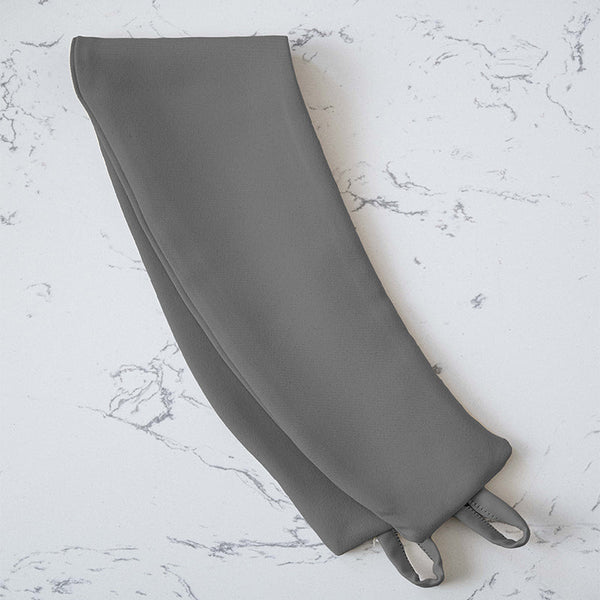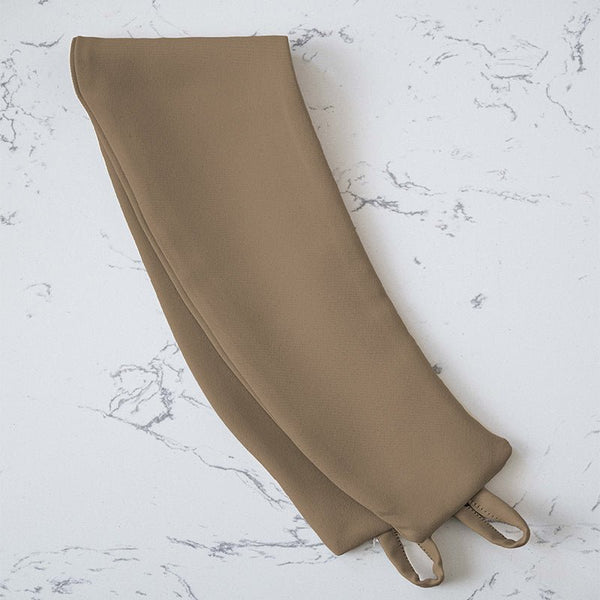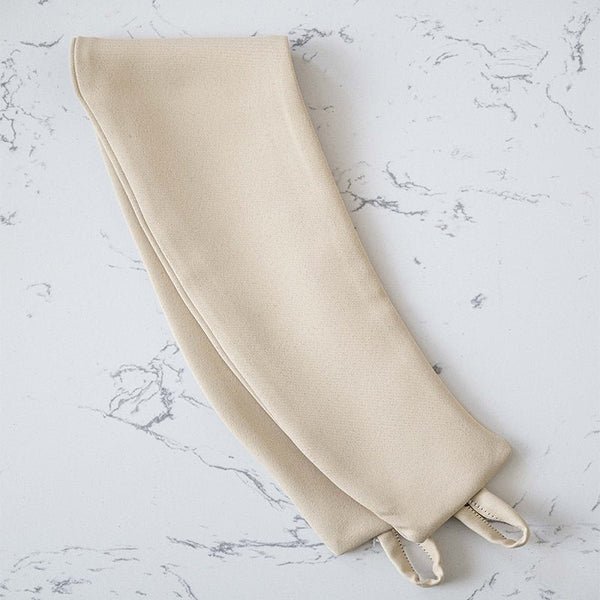The window is one of the main entry points for noise into the home. When poorly insulated, it's easy for traffic noise, airborne noise and all kinds of other noise nuisance to penetrate. These unwanted sounds can be a source of anxiety and stress. To avoid health problems and maximize acoustic comfort, it's important to improve insulation. So how do you soundproof a window? Find out in this guide.
Understanding the basics of sound insulation
Definition of sound insulation
Acoustic insulation or soundproofing involves work to reduce the propagation of interior or exterior noise. Several materials can be used for this purpose, such as acoustic ceilings, glass blocks and door blocks. However, it is also possible to install an acoustic curtain in front of windows for instant acoustic correction.
The difference between soundproofing and thermal insulation
While acoustic insulation aims to reduce noise pollution, thermal insulation minimizes heat loss. However, some materials are capable of optimizing both at the same time, such as rock wool and glass wool. In any case, if you want to avoid time-consuming work and save money, it's advisable to purchase a thermal insulation curtain. This device will guarantee your comfort and well-being by regulating the temperature in your home.
Factors influencing window sound insulation
Three factors influence window sound insulation:
- glass thickness and lamination: triple glazing is more effective than double or single glazing. The way it is assembled also plays a key role in the window's acoustics;
- The quality of the profiles: windows must be made from quality materials and securely fastened with gaskets;
- quality of installation: professional installation guarantees optimum insulation.
Choosing the right materials
Types of insulating materials for windows
There are several different types of insulating material for windows: laminated glass, double-glazed acoustic glass, triple-glazed glass, soundproofed glass and tempered glass.
Comparing the acoustic performance of different materials
To help you make the right choice, here's a comparison of the acoustic performance of these materials.
Laminated glass
Laminated glass is made up of two or three panes of glass and provides excellent thermal and sound insulation. It also blocks the sun's rays.
Acoustic double glazing
Double-glazed windows have two panes of glass separated by a layer of air. Although effective against high frequencies, it cannot control low and medium frequencies.
Triple glazing
Triple glazing consists of three panes of glass stacked one on top of the other. These need to be of different thicknesses to provide good soundproofing for a dwelling.
Soundproof glazing
Acoustic glazing has been specifically designed to combat noise pollution. Its performance is measured by the sound reduction index: the higher the index, the better the insulation.
Tempered glass
Tempered glass has undergone chemical or thermal treatment to reinforce its resistance, and the thicker it is, the better its acoustic performance.
Acoustic insulation techniques
In practical terms, how do you soundproof a window? Here's a list of possible techniques.
Addition of double glazing or acoustic glazing
Adding double glazing or acoustic glazing to a window is an excellent way of optimizing its insulation. Both materials are known for their acoustic performance. They are capable of absorbing and reducing external noise.
Use of acoustic window film
Acoustic film is a plastic material consisting of several layers. It blocks the entry and propagation of sound vibrations between itself and the glass. In practice, it offers sound reduction of up to 5 decibels.
Installation of acoustic curtains for enhanced insulation
Acoustic curtains can counteract sound from outside and limit sound reverberation in a room. They are made from absorbent fabrics that trap sound waves. In this way, they improve acoustic comfort in the home.
Soundproofing products available at Nokomis
At Nokomis, we offer a wide choice of acoustic curtains and soundproof curtains. They offer a wide range of performances to meet every need. What's more, they come in a range of materials and colors to suit every need.
Waterproofing and soundproofing
The importance of waterproofing for good soundproofing
Good sealing is crucial, as sound can escape through the cracks and gaps in windows. Indeed, even if you have triple glazing, it won't be able to filter out outside noise if the seal is poor.
Techniques for improving window tightness
To improve the watertightness of your windows, you can use foam, silicone or rubber gaskets around the edges. You can also use sealing strips. In addition to blocking sound, they are resistant to UV and temperature variations.
Solutions for sound leakage around windows
To deal with sound leaks around windows, consider acoustic caulking. This technique seals air leaks with latex. Glass replacement may also be necessary if the outside environment is very noisy.
Complementary solutions for optimum insulation
Wondering how to soundproof a window? Here are some complementary solutions to consider.
Use of thick blinds and curtains
Thick blinds and curtains act as acoustic treatment products. They are made from materials capable of absorbing noise, sound or vibrations. They also filter light and maintain a pleasant indoor temperature.
Installation of acoustic panels on walls around windows
By installing acoustic panels on the walls around windows, you can absorb reflected waves more easily. These devices are a popular way of controlling noise pollution.
Installation of thermal and acoustic curtains
Some acoustic curtains feature a thermal lining and fulfil two functions: acoustic insulation and thermal insulation. As well as adding a decorative touch, they can significantly reduce noise.
Tips and best practices for sustainable insulation
So how do you soundproof a window? Here's some practical advice.
Regular maintenance of windows and insulating materials
Don't forget to maintain your windows and insulating materials regularly. Not only will maintenance extend their life, it will also preserve their acoustic performance.
The importance of calling in a professional for optimum installation
As previously stated, installation contributes in part to sound insulation. That's why it should be entrusted to a professional. Thanks to his technical knowledge and the right tools, he can guarantee that your windows are watertight.
Tips for maintaining and improving sound insulation over time
In addition to regular maintenance, upgrade seals and acoustic caulking when necessary. Periodic checks are essential. Also, considerinstalling laminated or double-glazed acoustic glass for optimum soundproofing.
For thermal or acoustic curtains, trust Nokomis
Explore the products available on Nokomis
We offer a range of acoustic solutions to improve the insulation of your home. If you're looking for high performance, easy-to-install, quality curtains, you'll easily find a model to suit your needs on our Nokomis site.
Measure for optimum comfort
If you think your windows are poorly insulated, act quickly to avoid compromising your family's comfort. By combining a number of solutions, such as installing seals and insulating curtains, you can combat both noise and draughts. What's more, you'll save energy.
